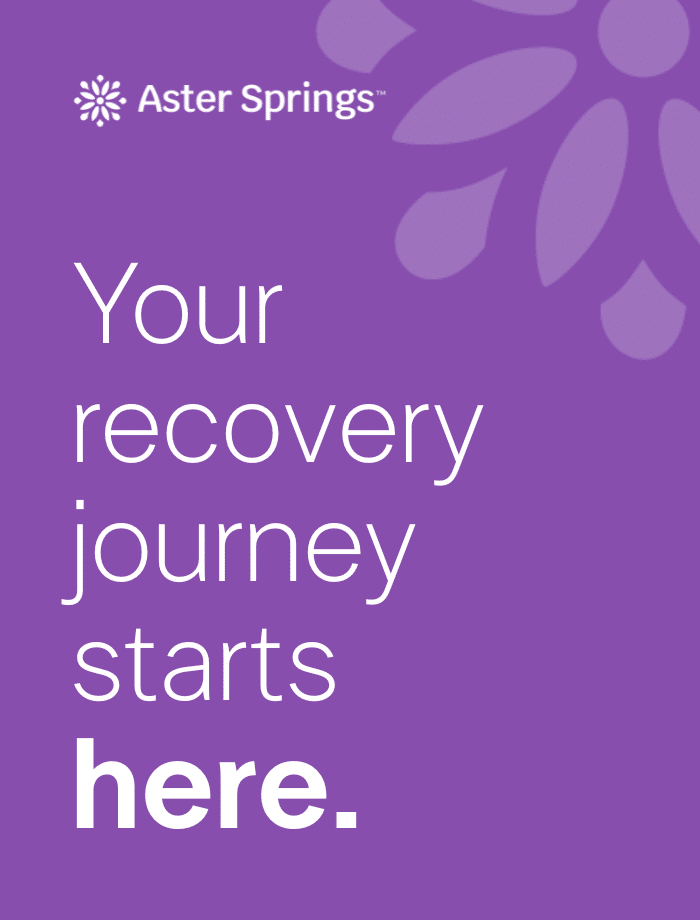When it comes to eating disorders, it is important to get help as soon as you notice the signs of a problem. While many people wonder if their loved ones’ eating behaviors are significant enough to warrant treatment, early intervention can halt the issue before it turns into a life-threatening battle.
What Causes Anorexia and Bulimia?
Anorexia and bulimia are complex physical and mental health disorders. There are several factors that may increase someone’s risk of developing an eating disorder, including:
- If you have another family member with an eating disorder, you are more likely to develop one yourself.
- History of another mental illness, such as anxiety, depression, OCD, or bipolar disorder. Eating disorders often develop as a way to cope with these other disorders.
- History of trauma.
- Bullying can increase the likelihood of developing an eating disorder. Food may be used as a way to cope with the bullying, or changes in their eating may be used in an attempt to stop weight-related bullying.
- Certain personality traits, including perfectionism.
In summary, some people are genetically at higher risk. When someone is struggling to cope with things in their life, it may begin to affect their eating patterns.
We don’t always know why some people develop eating disorders when others don’t, but we do know that there are some research-backed ways to help people who struggle with food.
Early Eating Disorders Signs and Symptoms
You may begin to notice some odd or concerning food behaviors when someone is beginning to develop an eating disorder. These signs may include the following:
- Body dissatisfaction
- Dieting
- Avoiding eating with others
- Avoiding eating certain foods or food groups
- Rigidity with their eating patterns
- Excessive exercising
- Disappearing to the bathroom after meals
- Hiding or sneaking food
For example, if a loved one declares that they are no longer eating sugar, they may be in the early stages of developing an eating disorder.
If you have a child who regularly wants to eat alone in their room, they may be struggling to eat around other people.
If you have a friend who goes for a longer run because they had a meal out with their family, they may be developing an eating disorder.
If a last-minute change in dinner plans sends your child into tears, they may be battling an unhealthy relationship with food.
When you notice these signs in a loved one, encourage them to seek help. There’s no need to battle an eating disorder alone.
Getting Help for Eating Disorders
If you or a loved one are struggling with food, there are treatment options. At Aster Springs, you will have the opportunity to regularly meet with trained therapists to challenge unhelpful beliefs about food. We also offer nutrition therapy, group therapy, and experiential therapies as recovery resources with varying levels of support depending on your individual needs. Give us a call at 855-259-6038 or fill out our contact form to take your first step toward healing.


